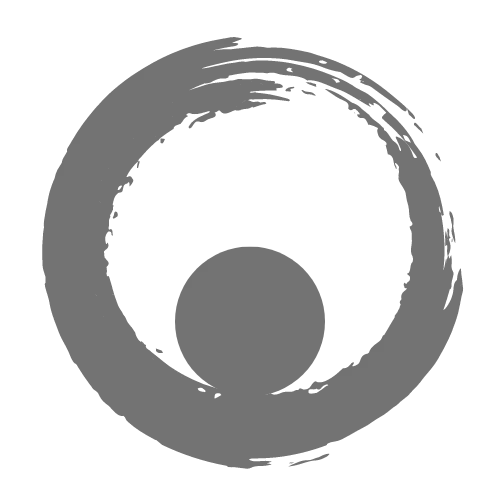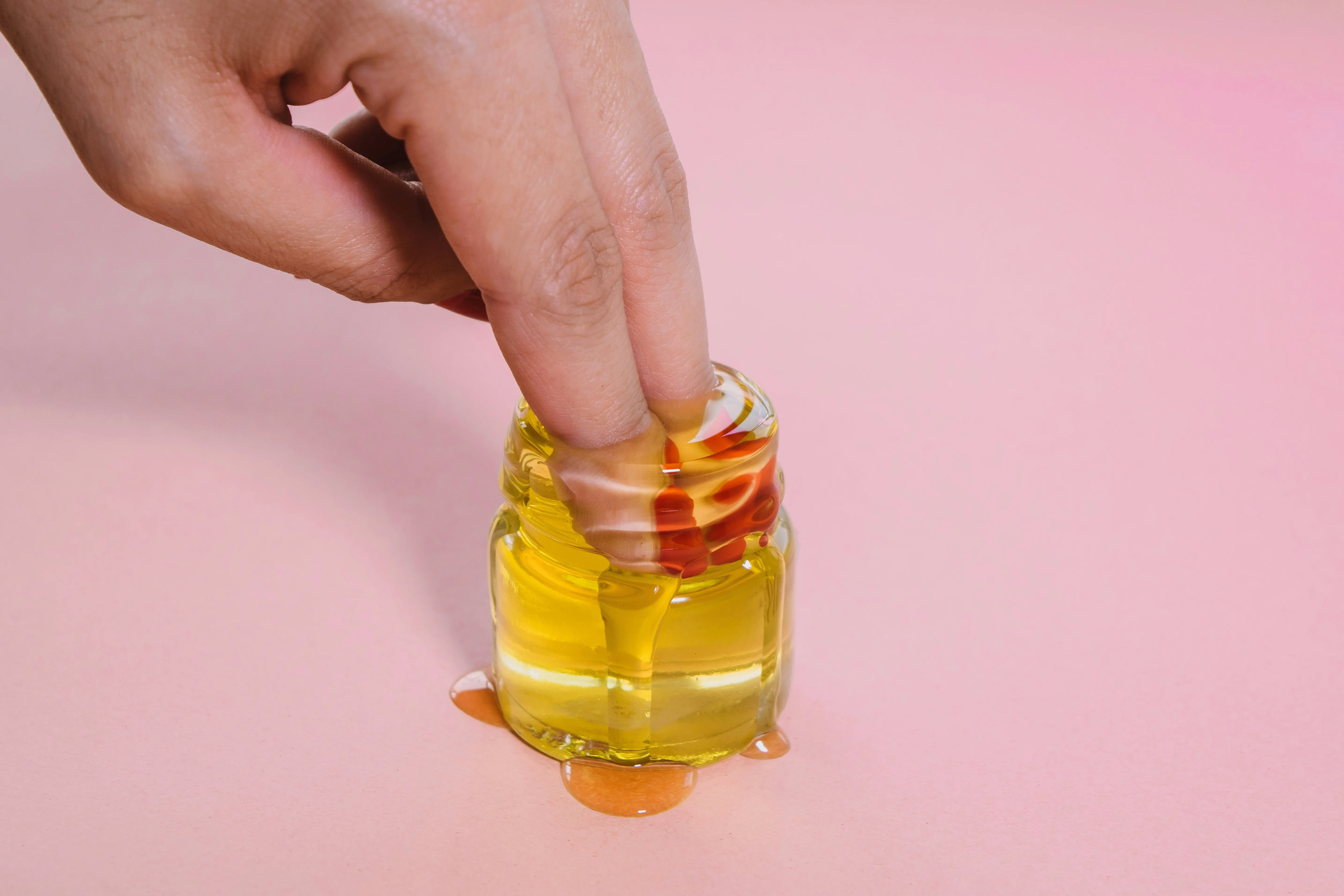Drugs You’re Taking Were Never Made for Menopause
Menopause is not a disease. But if you ask most women how it’s treated in Western medicine, it sure feels like one. Doctors reach for the prescription pad—offering antidepressants, seizure medications, or blood pressure drugs to silence the symptoms.
But here’s the real story: these drugs were never designed for menopause.
Let’s break it down.
Paxil & Effexor (SSRIs/SNRIs)
These are psychiatric medications—originally created to treat depression and anxiety disorders.
- Paxil (paroxetine) is an SSRI that increases serotonin in the brain.
- Effexor (venlafaxine) is an SNRI that works on both serotonin and norepinephrine.
Now prescribed off-label for hot flashes and mood swings during menopause.
But the truth? You’re not chemically depressed—you’re energetically depleted. And these drugs often come with side effects like:
- Emotional numbness
- Low libido
- Weight gain
- Withdrawal symptoms
They shift your mood, but not your hormonal landscape.
Gabapentin
Originally developed for epilepsy and nerve pain, Gabapentin was never meant to be a menopause solution.
Doctors noticed it can reduce night sweats, so now it’s used off-label for menopausal women.
But what does it really do? It slows down your nervous system. And with that can come:
- Drowsiness
- Foggy thinking
- Loss of coordination
- Disconnection from your own body
You may sleep a little better—but are you really healing?
Clonidine
Created to treat high blood pressure, Clonidine works by relaxing blood vessels and lowering heart rate.
It’s now used to help regulate body temperature and reduce hot flashes.
But here’s the trade-off:
- Fatigue
- Constipation
- Dry mouth
- Risk of low blood pressure
Again, you’re not solving the root. You’re silencing the symptom.
Menopause isn’t something to numb—it’s something to navigate.
Every symptom—hot flashes, brain fog, low libido—is a message from your body asking for support, not suppression.
Right now, over 1.3 million women in the U.S. enter menopause every year:
- 85% experience hot flashes
- 70% struggle with mood changes
- Nearly 50% face sleep issues and fatigue
Yet most are offered meds that don’t even address hormones, let alone the deeper energetic shifts happening in the body.
This is where Traditional Chinese Medicine (TCM) offers something radical: root cause healing.
In TCM, menopause is seen as a natural transition—not a disease. Your symptoms are signs of deeper imbalances in your Qi, Yin, Blood, and organ systems.
Here’s how TCM views the body:
Hot Flashes & Night Sweats = Kidney Yin Deficiency
Understanding the deeper message behind the heat
In Traditional Chinese Medicine, menopause isn’t about losing estrogen—it’s about energetic shifts, particularly in your Kidney system, which governs reproduction, hormones, vitality, and aging.
Let’s break it down.
What is Kidney Yin?
In TCM, Yin is the cooling, moistening, nourishing energy of the body. It’s like water—fluid, grounding, and essential to balance the body's internal fire (Yang).
Kidney Yin is a deep reserve of this energy and is considered the source of all Yin in the body. It governs:
- Body fluids and moisture
- Hormonal regulation
- Sleep
- Mental calm
- Tissue and organ nourishment
During menopause, Yin naturally begins to decline. This is part of the aging process—but when Kidney Yin is deficient, things get out of balance fast.
Why Yin Deficiency Leads to Hot Flashes & Night Sweats
Yin’s job is to keep Yang (heat) in check. When Yin declines, Yang becomes unanchored, rising and creating excess internal heat.
This internal heat flares upward, resulting in:
- Sudden hot flashes, often around the face, chest, and neck
- Night sweats, particularly during sleep when Yin is supposed to dominate
- Red cheeks or flushed skin
- Irritability and restlessness
- Thirst, dry mouth, or a sensation of heat in the palms, soles, or chest (the “5 heart heat”)
- Light or interrupted sleep, especially between 1–3 AM (Liver time)
It’s not just about temperature—it’s about burning up your reserves. The more Yin you lose, the more symptoms you feel.
What Causes Kidney Yin Deficiency?
Kidney Yin gets depleted by:
- Chronic stress
- Overwork (especially without rest)
- Excessive stimulation (screens, caffeine, hustle culture)
- Too much sexual activity without recovery
- Poor sleep habits
- Not enough time for reflection, stillness, and grounding
You lived this, Tonika—on the ships, pushing through exhaustion, giving, giving, giving. That kind of life burns through Yin like fuel in a fire. And when that reserve gets low, menopause hits like a tidal wave instead of a gentle transition.
How TCM Nourishes Kidney Yin Naturally
The key is not to cool the body artificially (like Clonidine or Gabapentin might do), but to replenish and anchor Yin so the heat doesn’t rise in the first place.
Here’s how we do it:
1. Herbs
- Shu Di Huang (Rehmannia): deeply nourishes Yin and Blood
- Zhi Mu: clears heat and supports fluid generation
- Mai Men Dong: nourishes Lung and Stomach Yin (great for dry mouth & anxiety)
- Goji Berries: tonify Liver and Kidney Yin and boost libido
2. Yin Nourishing Foods
- Black sesame seeds
- Seaweed
- Bone broth
- Duck or tofu
- Asparagus
- Pears
- Lotus root
- Congee (rice porridge)—soft, warm, easy on digestion
3. Lifestyle Adjustments
- Restorative sleep—in bed before 10:30 PM
- Breathwork and Qigong—to move stagnant Yang and cool the body
- Emotional regulation—journaling, slowing down, saying no
- Avoiding spicy food, alcohol, late nights, and overworking
4. Adaptogens & Medicinal Mushrooms
- Reishi: calms the mind, supports sleep, balances Yin
- Cordyceps: restores adrenal function and energy without heat
- He Shou Wu: builds Kidney Jing and nourishes Yin & Blood
Mood Swings & Anxiety = Liver Qi Stagnation (The TCM View)
Western medicine sees mood swings and anxiety as neurochemical imbalances in the brain. That’s why doctors reach for medications like:
🔹 Paxil, Effexor, or Zoloft – to regulate serotonin and norepinephrine
🔹 Benzodiazepines like Xanax – to calm anxiety short-term
🔹 Even antipsychotics in some cases
These drugs were originally created for:
- Major depression
- Panic disorders
- Generalized anxiety
- PTSD
They can help some people, but they don’t treat the root of menopause-related emotional upheaval. Instead, they rewire brain chemistry—often at the cost of emotional flatness, dependency, and low libido.
Now here’s the Asian medicine truth:
Your Liver governs the free flow of Qi (energy) throughout your body. It also stores Blood and is deeply connected to emotional expression, especially anger, frustration, and irritability.
During menopause, when energy becomes depleted or imbalanced, the Liver’s Qi gets stuck. This is called Liver Qi stagnation.
🌀 You may feel:
- Snappy, irritable, like you're on edge
- Anxious for no reason
- Emotional one moment, numb the next
- Tension in your neck, shoulders, or chest
- Easily overwhelmed
I experienced this firsthand on ships—working long hours, emotionally disconnected, always putting others first. I didn’t realize I was bottling everything up. That’s what stagnates the Liver—unexpressed stress, overworking, and overstimulation.
Unlike Western meds, which blunt the emotional response, TCM helps the Liver flow again so you feel more like yourself.
Here’s how:
✔ Acupuncture on Liver points to release built-up energy
✔ Qigong & breathwork to move stagnant emotion
✔ Herbs like Chai Hu (Bupleurum) and Xiang Fu (Cyperus) to soothe the Liver
✔ Foods that move Qi: leafy greens, citrus peel, ginger, dandelion greens
💡 And—learning to say NO.
That’s part of healing Liver Qi. Saying no to overworking, people-pleasing, overextending. Saying yes to your peace.
Fatigue & Brain Fog = Weak Spleen Qi
In Traditional Chinese Medicine (TCM), the Spleen isn’t just a physical organ—it’s the energetic center of digestion, nourishment, and mental clarity. It works closely with the Stomach and is responsible for:
- Transforming food into usable Qi (energy) and Blood
- Transporting nutrients throughout the body
- Supporting mental focus, concentration, and memory
- Holding things "up"—like organs and mood
This organ system governs the muscles, digestion, appetite, and clarity of thought—all things that tend to get sluggish during menopause.
The Spleen also dislikes dampness (heavy, sticky energy from processed food, stress, or overthinking) and it gets tired from:
- Poor nutrition
- Cold/raw food
- Sugar, dairy, alcohol
- Overwork
- Emotional worry or overthinking
- Irregular eating habits
What Does Weak Spleen Qi Look Like During Menopause?
When Spleen Qi is deficient, it’s like your body’s battery charger is malfunctioning. You’re eating, but you’re not absorbing. You’re awake, but you’re not alert. You’re moving, but you’re dragging.
Here’s how it shows up:
- Chronic fatigue even after sleep
- Brain fog, forgetfulness, poor memory
- Bloating, loose stools, or sluggish digestion
- Heavy limbs or feeling weighed down
- Low motivation or lack of clarity
- Easy bruising or feeling ungrounded
- Emotional worry or obsessive thinking
When I was working on ships, I was always on. Long shifts. Different time zones. Stressful environments. Sometimes meals were rushed, skipped, or just not nourishing. I wasn’t eating with intention—I was eating to survive.
Over time, I started experiencing major mental fog. I’d forget things mid-conversation. I couldn’t retain information. My body was heavy, my mind scattered, and no matter how much I slept, I never felt rested.
That was a classic case of Spleen Qi deficiency. My digestion was off. My clarity was gone. And energetically, I was leaking power.
Rather than chasing stimulants or more supplements, TCM focuses on restoring the digestive fire and grounding the mind.
Herbs to Tonify Spleen Qi:
- Huang Qi (Astragalus): Strengthens energy and immunity
- Bai Zhu: Boosts digestion and dries dampness
- Dang Shen: Supports energy and strengthens Qi
- Chen Pi (Aged Tangerine Peel): Moves stuck energy and bloating
Spleen-Loving Foods:
- Warm, cooked meals (soups, stews, congee)
- Root vegetables (sweet potatoes, squash, carrots)
- Whole grains like millet, brown rice, and oats
- Light proteins: eggs, lentils, chickpeas, organic chicken
- Spices that gently warm digestion: ginger, cinnamon, cardamom
Avoid:
- Cold/raw salads, smoothies, iced drinks
- Excess dairy and sugar
- Late-night eating or skipping meals
- Mindless snacking (especially while stressed)
Lifestyle Practices:
- Eat at regular times
- Sit down when eating (no multitasking)
- Limit screen time and overthinking
- Practice Qigong or slow breathwork to ground your energy
- Prioritize gentle structure and routine
The Big Takeaway
When your Spleen Qi is weak, you feel like you’re dragging your body and brain through the day. It’s not a willpower issue—it’s a digestion-energy connection that’s out of sync.
In Western medicine, you might be told you need stimulants, antidepressants, or just more sleep.
But in Eastern medicine, we know that fatigue and brain fog are signals that your energy production system needs love, warmth, and rhythm.
When you nourish your Spleen Qi:
- Your mind becomes clearer
- Your body feels lighter
- Your energy becomes sustainable
- You feel centered, focused, and alive
Low Libido = Exhausted Kidney Jing
Your core essence—your vitality, sex drive, and resilience—is depleted.
Rather than covering up these messages, TCM works to restore balance using:
- Custom herbal formulas
- Acupuncture
- Adaptogens like Reishi, Cordyceps, and Lion’s Mane
- Qigong and breathwork
- Food therapy that honors the energetic nature of ingredients
In Eastern medicine, food is not just calories—it’s frequency.
Some foods cool the body. Some warm it. Some nourish blood, others move stuck energy. Every ingredient has an energetic character, and it affects your mood, your hormones, and your flow.
This is why eating organic or growing your own garden matters so much. Food carries energy—and when that energy is vibrant and aligned with nature, your body receives it as medicine.
Working on ships, I pushed for years. Long hours. No rest. Just go, go, go.
I didn’t realize I was burning through my essence—my Jing—until the symptoms hit hard. I had to learn the value of rest. Of saying no. Of slowing down in a world that constantly stimulates, drains, and demands.
That constant stimulation accelerates aging, and throws our nervous and hormonal systems completely out of rhythm.
Menopause is a time to shift gears. To reclaim your energy. To own your "no."
You’re evolving. You’re being asked to listen to your body—maybe for the first time in your life. The answer isn’t always another prescription. Sometimes, it’s slowing down, nourishing yourself deeply, and honoring the intelligence of your own body.
Western meds might silence the noise. Eastern wisdom teaches you to tune the instrument. That’s a whole different kind of healing. 🌿
Ready to start small?
Book a FREE consultation with Dr. Antonika Chanel you will receive a tongue diagnosis and nutritional consultation and TCM assessment and recommendations to get you on the right track.



